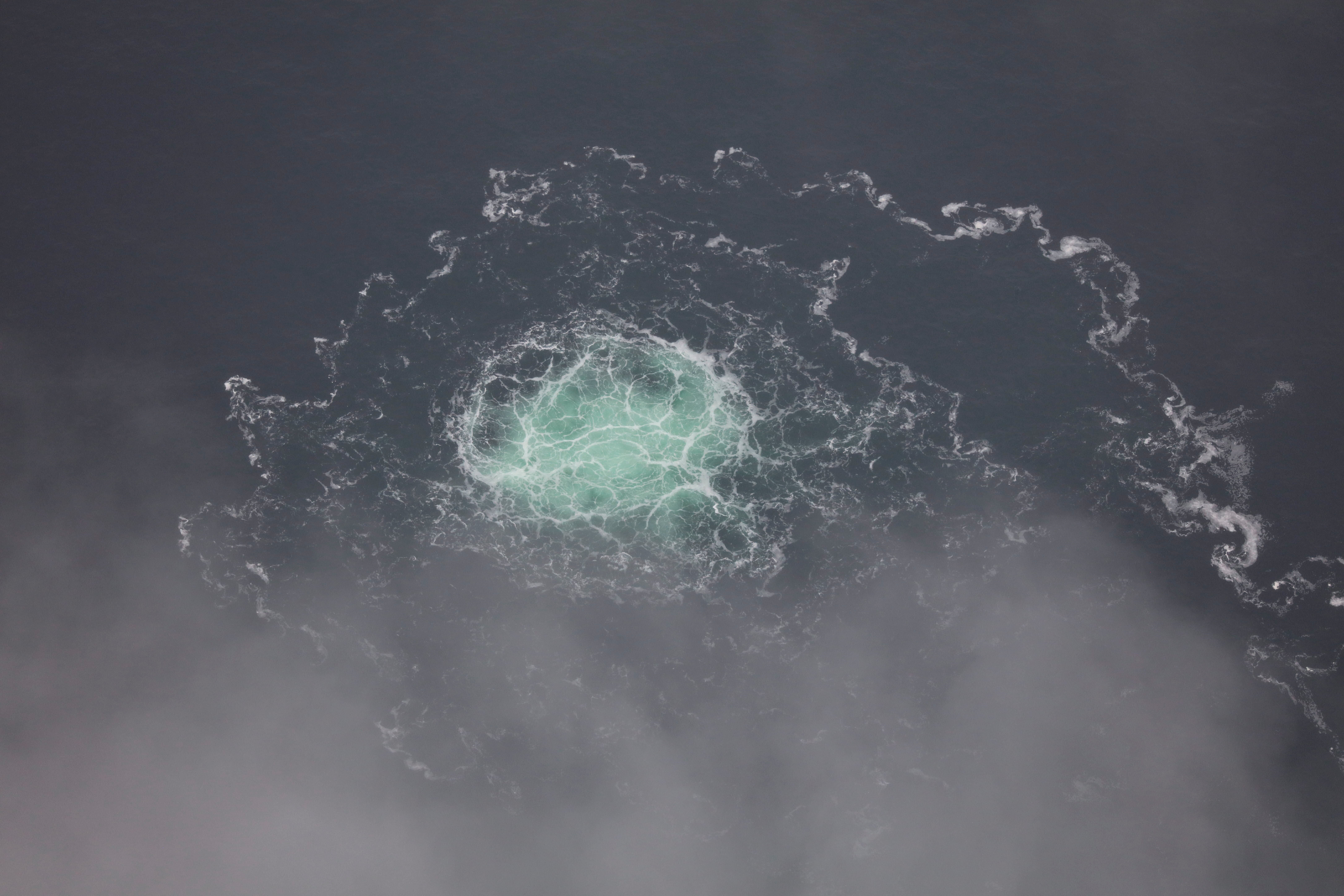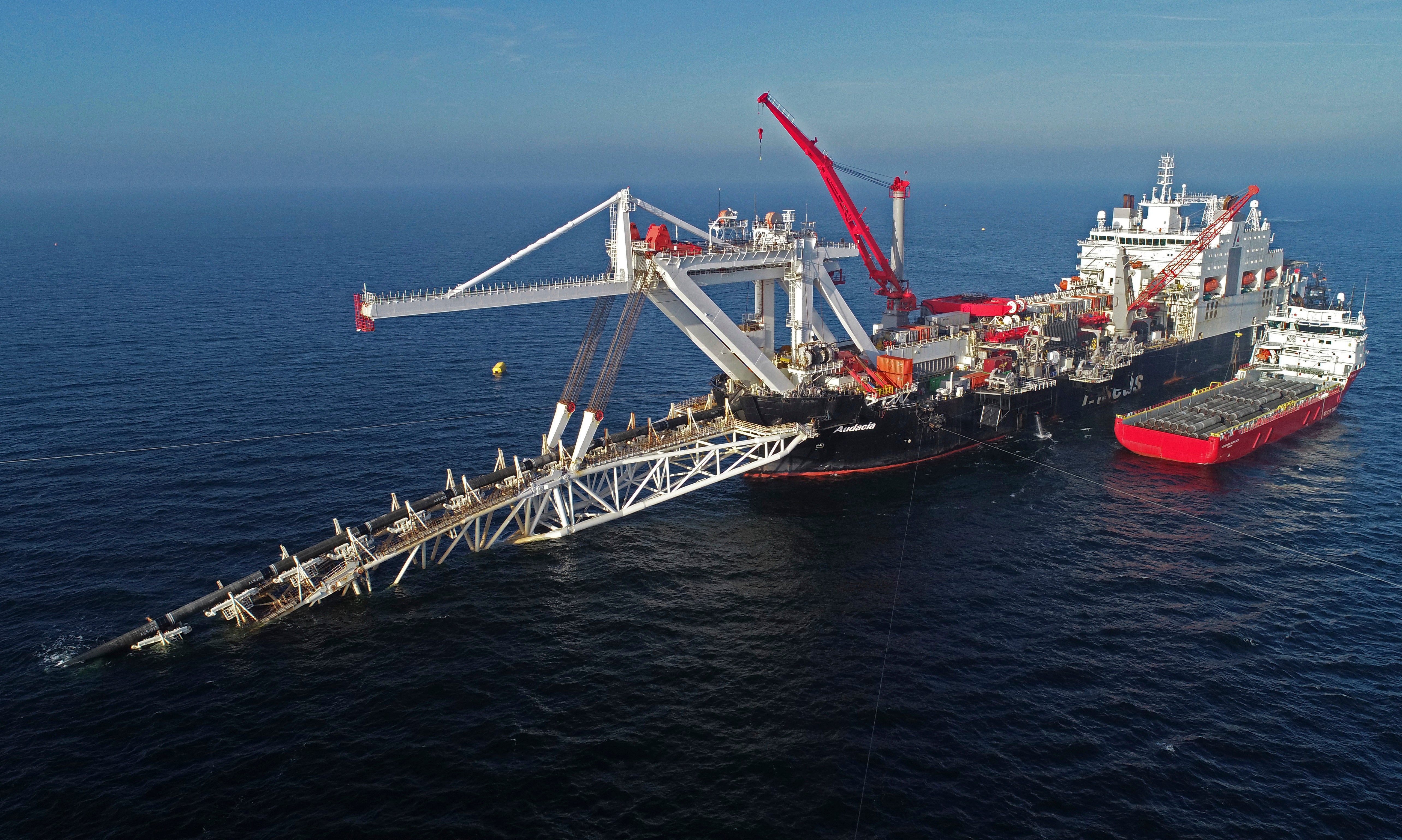Your support helps us to tell the story
From reproductive rights to climate change to Big Tech, The Independent is on the ground when the story is developing. Whether it's investigating the financials of Elon Musk's pro-Trump PAC or producing our latest documentary, 'The A Word', which shines a light on the American women fighting for reproductive rights, we know how important it is to parse out the facts from the messaging.
At such a critical moment in US history, we need reporters on the ground. Your donation allows us to keep sending journalists to speak to both sides of the story.
The Independent is trusted by Americans across the entire political spectrum. And unlike many other quality news outlets, we choose not to lock Americans out of our reporting and analysis with paywalls. We believe quality journalism should be available to everyone, paid for by those who can afford it.
Your support makes all the difference.Swedish officials have closed their investigation into the mystery explosions on the Nord Stream gas pipelines, which were built to carry Russian natural gas to Germany.
Sweden’s investigation was only one of three into the explosions. Denmark and Germany are also examining the blasts.
The attack in September 2022, which happened as Europe attempted to wean itself off Russian energy sources following the Kremlin’s full-scale invasion of Ukraine, contributed to tensions that followed the start of the war. The source of the sabotage has been a major international mystery.
Public prosecutor Mats Ljungqvist from the Swedish Prosecution Authority said in a statement that, “the investigation has been systematic and thorough.”“Against the background of the situation we now have, we can state that Swedish jurisdiction does not apply.”
Ljungqvist added that “the German investigation continues and due to the secrecy that prevails in international legal cooperation, I cannot comment further on the cooperation that has taken place.”
“I will also not be able to comment anything further on the conclusions of the Swedish investigation or comment on any suspected persons in the Swedish investigation,” Ljungqvist said.

“We have had in-depth cooperation with the investigation conducted by the German authorities. Within the framework of this legal cooperation, we have been able to hand over material that can be used as evidence in the German investigation,” he said.
In an emailed response to questions about the impact of the Swedish decision and the state of their own investigation, German federal prosecutors said only that “our investigations are continuing.” They said they are not giving further information at present.
The undersea explosions ruptured the Nord Stream 1 pipeline, which was Russia’s main natural gas supply route to Germany until Russia cut off supplies at the end of August that year.
The blasts also damaged the Nord Stream 2 pipeline, which never entered service because Germany suspended its certification process shortly before Russia invaded Ukraine in February 2022.
Beyond the geopolitical impact, the Nord Stream pipelines leaks were a huge environmental disaster with local wildlife affected and huge volumes of methane discharged into the Baltic Sea in what analysts believe could be the single largest release of methane due to human activity.

The detonations took place about 80 meters (260 feet) under the water on the ocean floor in the Baltic Sea in the economic zones of Sweden and Denmark and seismic measurements indicated that explosions took place shortly before the leaks were discovered.
More than 16 months after the sabotage there is no accepted explanation. A series of unconfirmed reports variously accusing Russia, the United States and Ukraine are filling an information vacuum as investigations into the blasts continue.
The pipelines were long a target of criticism by the United States and some of its allies, who warned that they posed a risk to Europe’s energy security by increasing dependence on Russian gas.
Russian President Vladimir Putin and Russian officials have accused the U.S. of staging the explosions, which they have described as a terror attack. The U.S. has denied involvement.
In March 2023, German media reported that a pro-Ukraine group was involved in the sabotage using a vessel and setting off from the German port of Rostock. Ukraine rejected suggestions it might have ordered the attack and German officials voiced caution over the accusation.
The German and the Danish investigation have yet to shed light on the incident and while Swedish prosecutors have said that a state actor was the most likely culprit, they cautioned that the identity of the perpetrator was still unclear and hinted that it was likely to remain so.
Join our commenting forum
Join thought-provoking conversations, follow other Independent readers and see their replies
Comments